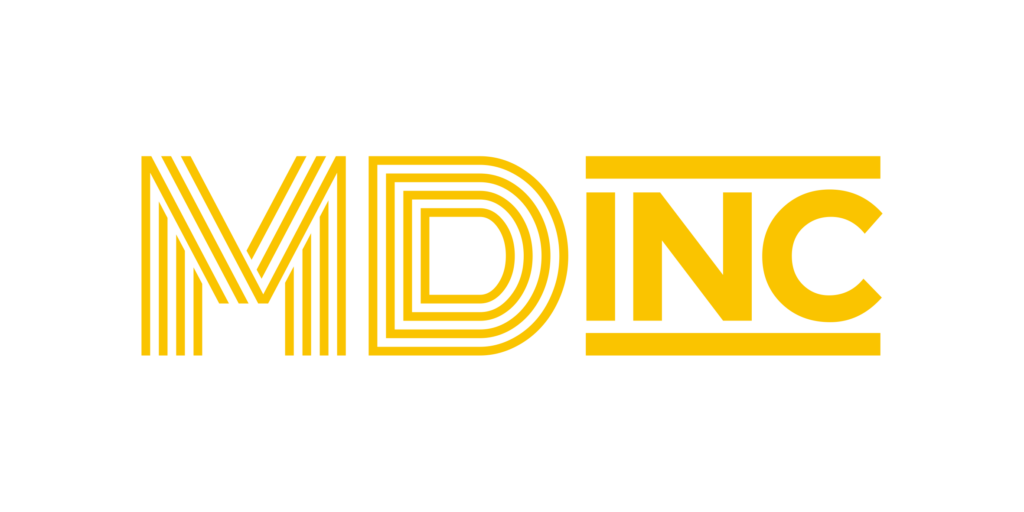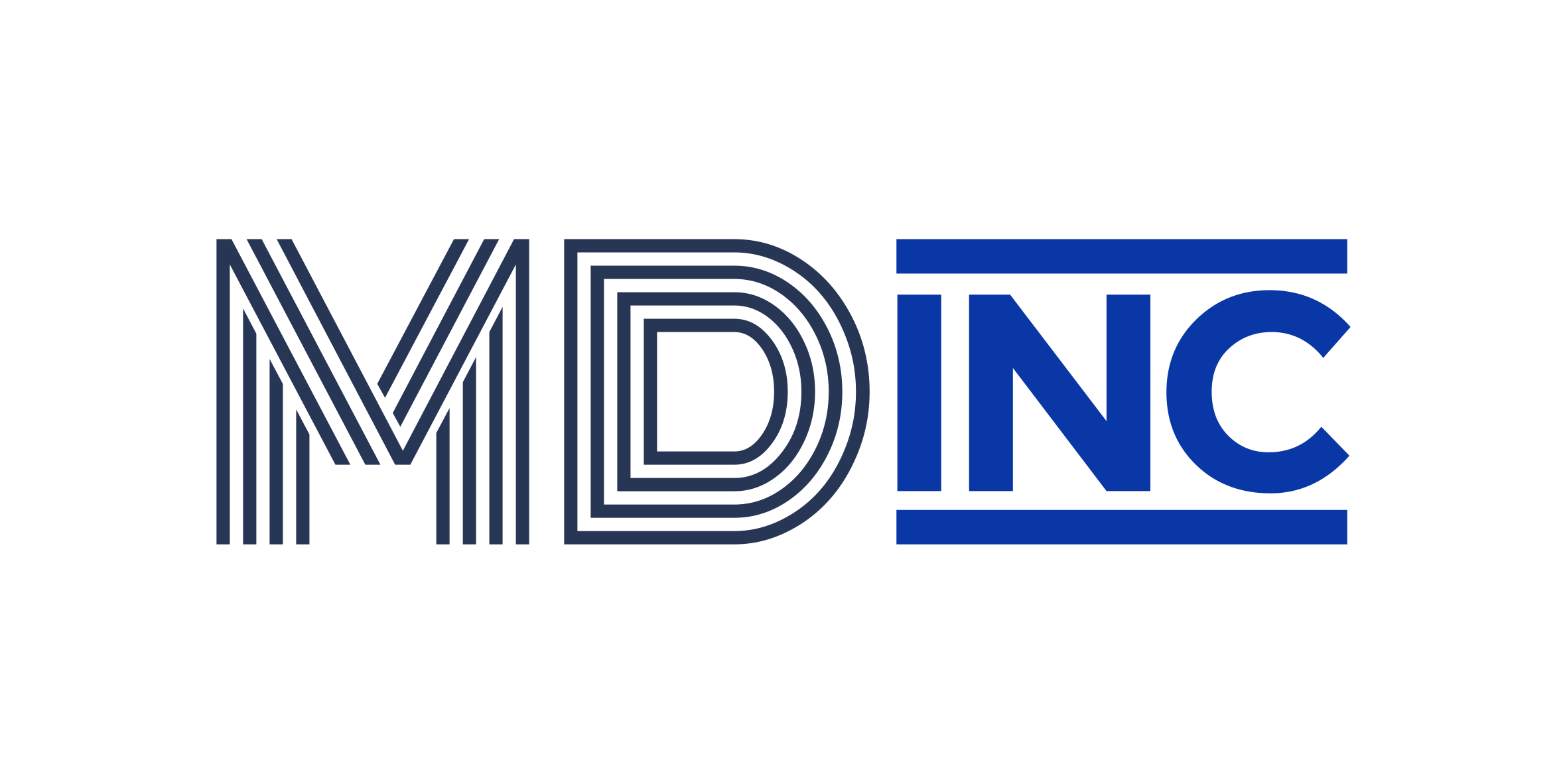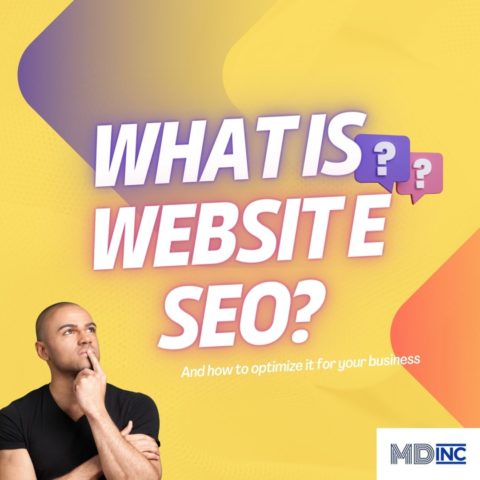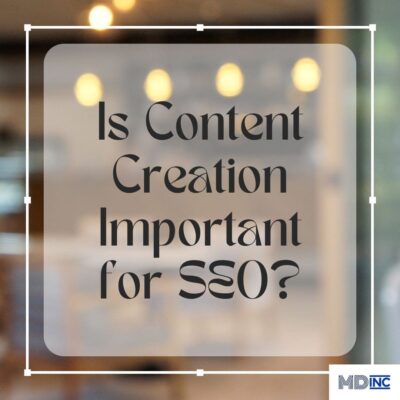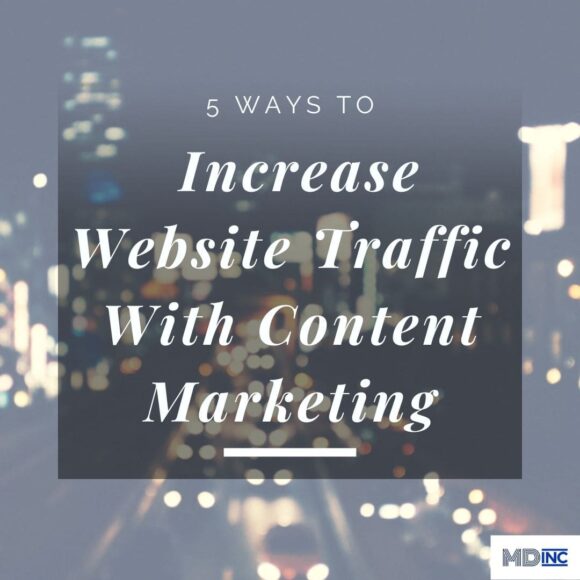What Is Website SEO?
What Is Website SEO?
Having a strong online presence is crucial for businesses of all sizes. One of the most effective ways to increase your visibility and drive organic traffic to your website is through search engine optimization (SEO). Read on to learn more about website SEO, exploring its definition, importance, and the key strategies and techniques you need to employ to maximize your online visibility.
Defining Search Engine Optimization (SEO)
Search engine optimization, commonly known as SEO, is the process of improving a website’s visibility in search engine results pages (SERPs). It involves various techniques and strategies aimed at driving organic, free, and editorial traffic to a website. The ultimate goal of SEO and website optimization is to enhance a website’s position in search results, allowing it to reach a wider audience and attract more visitors.
How Search Engines Work
Below is a short overview of how search engines work. Knowing what search engines expect is paramount to website SEO.
- Crawling. Search engines employ sophisticated programs known as web crawlers or spiders to discover and analyze web pages. By crawling web pages, search engines gather information about their content, structure, and relevance.
- Indexing. Once a web page has been crawled, search engines evaluate its content and determine whether it should be included in their index. Factors such as content quality, uniqueness, and relevance contribute to a page’s eligibility for indexing.
- Ranking. After a page has been crawled and indexed, search engines rank it based on a multitude of factors. These factors, known as ranking signals, vary in importance and include elements such as keyword usage, page loading speed, mobile-friendliness, and backlink profile.
The Importance of Website SEO
As seen above, having effective SEO in digital marketing is important so that your site is crawled, indexed, ranked, and appears higher in search engine results.
Driving Organic Traffic
One of the primary reasons why SEO is crucial for businesses is its ability to drive organic traffic to websites. By optimizing your website for relevant keywords and providing valuable content, you increase your chances of appearing in top search results. Higher rankings result in increased visibility, leading to more organic traffic and potential customers.
Increasing Brand Awareness
Website SEO plays a significant role in increasing brand awareness. When your website appears prominently in search results, users are more likely to trust and recognize your brand. Improved visibility and higher rankings contribute to brand exposure, allowing you to establish credibility and authority in your industry.
Achieving Higher Rankings
A top-ranking position in search results can make a substantial difference in your website’s success. Studies have shown that the top three organic results receive the majority of clicks, with the first result being ten times more likely to receive a click than the tenth result.
Website SEO vs. PPC
You likely see results at the top of each search page that says “sponsored.” Those search engine results are not powered by SEO work and are called paid results, or pay-per-click (PPC).
Paid Results
Paid search results, also known as PPC advertising, involve paying for prominent placement in search engine results. These results appear at the top of the SERPs and are marked as advertisements. While PPC advertising can provide immediate visibility and results, it requires ongoing investment. Once you stop paying for ads, your visibility diminishes.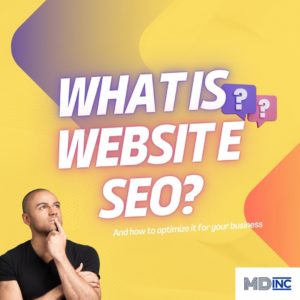
Organic Results
Organic search results, achieved through SEO efforts, offer long-term benefits. While SEO requires time and effort to build your website’s visibility, it provides sustainable results without ongoing financial investment. Organic results receive the majority of clicks from search engine users, indicating a higher level of trust and credibility compared to paid ads.
Keyword Research
One of the most important pieces of website SEO is having relevant keywords that fit organically into robust content.
- Identifying relevant keywords. Keyword research is a crucial step in any SEO strategy. It involves identifying the search terms and phrases that users are likely to use when looking for information related to your business or industry.
- Using keyword research tools. Tools, such as Mo and SEMRush, provide insights into search volumes, competition levels, and related keywords.
Creating High-Quality, Relevant Content
Content creation is at the heart of website SEO. It involves developing valuable, informative, and engaging content that aligns with user intent and addresses their search queries. By creating content that fulfills users’ needs, you increase the likelihood of attracting organic traffic and establishing your website as a reliable source of information.
Along with website SEO, there is also technical SEO optimization, too, which includes enhancing website performance, optimizing the website’s navigation and structure, and building high-quality backlinks.
To learn more about website SEO or how we can help optimize your website for maximum performance, contact MDINC today for more information or to receive a quote.
